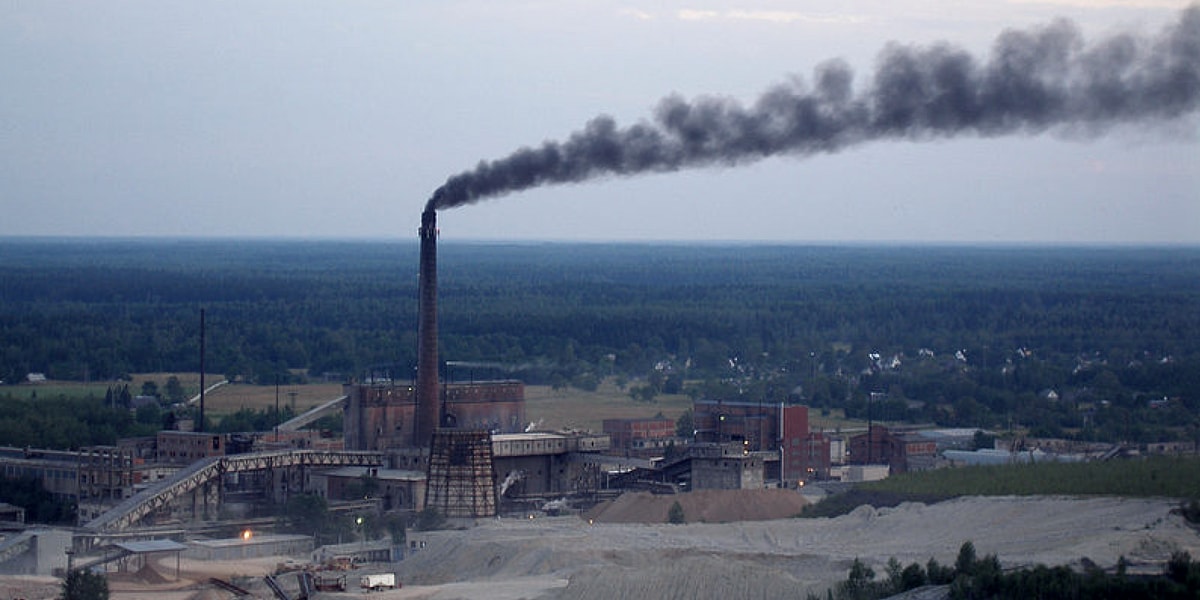Eesti Energia, Estonia’s national energy company, has announced the cancellation of a planned shale oil pre-refinery, a joint venture with the private company VKG. The decision came after a feasibility study deemed the project non-attractive. The study found that the project would generate unexpectedly low additional financial value in the process of refining Estonia’s sub-standard shale oil. The plant was supposed to produce 1.6 million tons of shale oil per year and increase Estonia’s total use of fossil gas by around 50 per cent.
The feasibility study’s analysis makes its conclusions based on the requirements of the new EU Sulphur Directive, which limits the amount of sulphur that is allowed to be in shipping oil to 0.5 per cent. Estonian shale oil, which is primarily used in the maritime industry, contains between 0.6 and 0.7 per cent sulfur.
Instead of building a pre-refinery, Eesti Energia and VKG’s new plan is to use ‘alternative methods’ to improve the quality of the current shale oil output. However, their exact plan is hidden from the public. Thus, we can only speculate as to whether their new approach utilizes some legislative loophole or whether the dirty oil will simply be exported to refineries abroad.
The total cost of the investment was estimated at around EUR 650 million, including EUR 200 million from the government. Now that it has been cancelled, there is an opportunity for these resources to be allocated elsewhere: they could be used, for example, to solve the pressing issue of local renewable energy related to conflict with defence radars and the prohibitive cost of offshore wind park connection cables, or to support the just transition of the oil shale region in Northeastern Estonia.
While the scrapping of the pre-refinery is good news for people and the planet, public uproar against a new planned shale oil plant by the same national energy company is still ongoing. Public figures have signed petitions to stop the plans, citizens collected over 1,000 signatures to push the issue to the parliament, NGOs submitted an inquiry to the European Commission, and local climate youth activists filed a legal complaint to annul the plant’s building permit. The plant’s investors should pay attention to the voices of the public and the case of the pre-refinery and cancel these plans as well. And ultimately, any meaningful just transition must start with setting a phase-out date for fossil fuels.
Never miss an update
We expose the risks of international public finance and bring critical updates from the ground – straight to your inbox.
Theme: Just transition
Location: Estonia
Project: Just transition
Tags: Estonia | fossil fuels | just transition | shale oil

